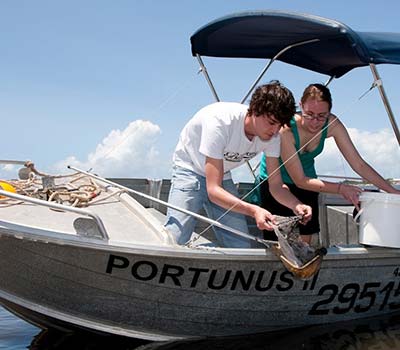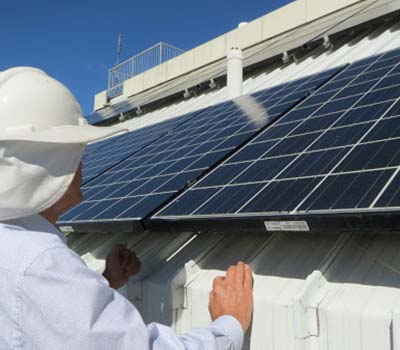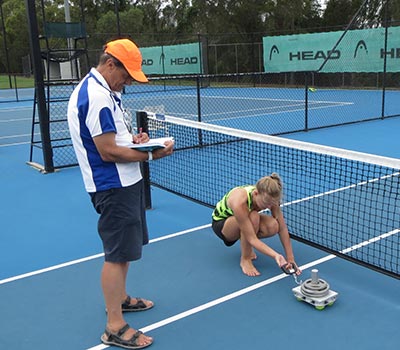As technology and living standards evolve, so does the required expertise of today’s professionals
With the evolution of technologies and our use of modern day materials to facilitate progress, society requires ways and means of ensuring living standards positively evolve with anticipated change.
Our research stretches across travel and tourism sectors, plus the traditional fields of civil, mechanical and electrical engineering. There’s an obligatory nod towards the positive consequence of high-tech software, while always making consideration for related environmental factors.
Our research
The School of Engineering and Built Environment boasts a research portfolio that spans across numerous industry sectors.
We develop holistic solutions to some of the most pressing problems of our natural and built environments; ensure access to safe, affordable housing and services; develop biomedical and sports engineering modalities; and track global travel trends relative to the aviation industry.
Aviation expertise
With strong research and consulting collaborations, our key research partners include the Brisbane Airport Corporation, Adelaide Airport Ltd. and Queensland Airport Ltd. We have expertise in the following areas:
- Air transport management
- Air transport & tourism
- Airport travel patterns & shopping behaviour
- Attitudes & behaviour in aviation
- Aviation & the environment
- Aviation safety
- Human factors
- Pilot training
- Surface access to airports
- Unmanned Aerial Vehicles (UAVs)
Research themes

Resilience in the natural environment
The increase in population size and density continues to place significant stress on the natural environment. Integrated strategies to provide clean water and clear air are paramount in urban and rural environments to ensure a healthy natural environment, an uncontaminated food supply and acceptable air quality.
This research aims to develop holistic solutions to some of the most pressing problems in the world including the reduction in air pollution and biological contamination of the air, water supply for humans, agriculture and environmental flows.

Critical infrastructure, interdependencies and resilience
The resilience of the built environment continues to be tested by intense storms, drought, the impacts of natural events and the displacement of peoples (refugees) due to war and famine require improved management of the built environment in Australia and internationally.
The supply of essential services (electric power, telecommunications, food, water, sanitation, shelter, transport, medical facilities) and the ability to rapidly deploy facilities and infrastructure to areas destroyed are fundamental challenges.

Enabling technologies in sport and health
Physical solutions to major health problems have the potential to reduce drug use and increase the quality of life. Exercise is beneficial to all levels of society, from young children, through to the elderly, and in pre-operative and post-operative recovery. Performance-based assessment of implants and prosthetics can be used to optimise recovery. Monitoring and support systems in medical and sports applications require miniaturisation, environmental protection, low power operations, minimal user interactions and energy harvesting technologies.
Study with us
Collaborative research opportunities at Griffith open doors to greater innovation and discovery for our higher degree researchers, who are ready to think globally and discover new world solutions. Are you interested in doing higher degree research?
